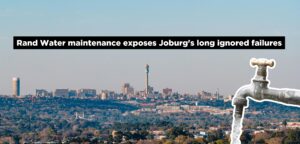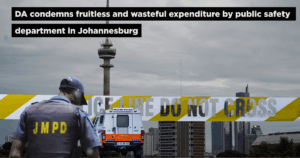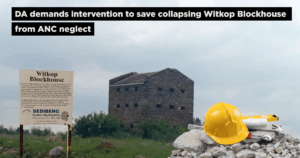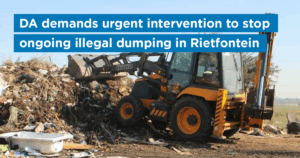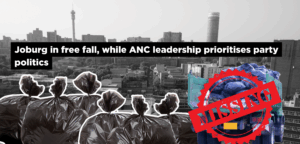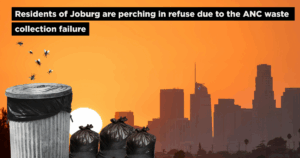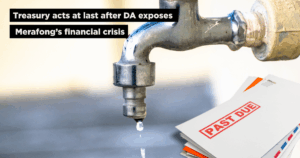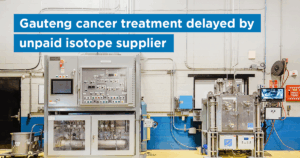A massive food security crisis has hit Gauteng and the country at large due to the continuous loadshedding.
What the current government fails to understand is that the Eskom’s crisis is more than not just having the lights on, it is about putting food into the mouths of the citizens of Gauteng.
Our nonchalant government has been living in a world detached from that of the average South African. Our national government does not appear to have an idea of the realities facing the man on the street.
To feed a population of about 60 million people we need a constant agricultural supply but the production flow from farmers has been unfortunately crippled by loadshedding.
It is essential to have fresh foods for sale but without electricity the shelf life of fresh produce has been shortened, reducing supply with increased prices.
Now, poultry farmers are being destroyed as their chicks are being decimated, dying by the thousands.
Without electricity the conveyer belts cannot operate providing essential feed and water and without additional heat the newly hatched chicks just die.
Moreover, slaughtering of chickens has been radically reduced due to the lack of cold room facilities for storage, packaging and delivery for chicken meat.
As a result, food stored for large consumers such as the iconic KFC are facing crises as many stores have been forced to close due to the shortage of “chicken in bone.”
The DA is concerned that the results of this will be catastrophic as this will exacerbate our already high unemployment rate. With increasing numbers of unemployed people in our country, South Africa faces an imminent threat of civil unrest and violence.
The DA demands that the government comes up with urgent solutions to the Eskom crisis.
We insist that government and Eskom provide an adaptable loadshedding schedule for farmers so that they can get sufficient time to produce food for the market.
The DA will be writing to the Gauteng MEC for Environment, Agriculture and Rural Development to request that farmers be allocated an emergency fund to assist with this loadshedding crisis.
This is now the time to start making serious decisions on how to save our agricultural sector before the chickens fly the coop.

